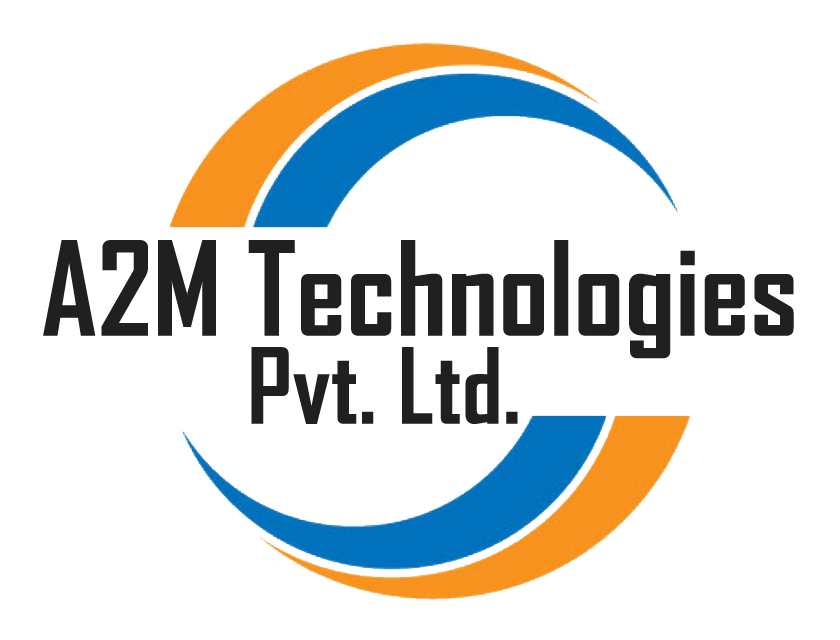Firewall Solution
One of the Top company offering best firewall solution
Firewall Security
Packet-filtering, stateful inspection, and proxy; we offer progressively more advanced protection levels to your system, data and network.
Our devices monitor network security for incoming and outgoing network traffic and decides whether to allow or block specific traffic based on a defined set of security rules

Asset Protection
Protect physical assets such as equipment, inventory, and property from theft, vandalism, or unauthorized access
Data Protection
Cybersecurity measures safeguard against unauthorized access, data breaches, and cyber threats that could compromise confidential information
Brand Reputation
Demonstrating a commitment to security instills trust among clients, partners, and employees.
Reasons to choose us?
Organizations must cope with rapidly increasing network security complexity. Most companies’ networks are growing larger and more complex as mobile devices, cloud deployments, and Internet of Things (IoT) devices join traditional user workstations and on-premises servers on the corporate network. At the same time, cyber threats are becoming more sophisticated and numerous. As a result, companies must deploy, monitor, and maintain a growing array of security solutions to manage their cyber risk
Minimizing the damage that a cyberattack can cause to a network requires threat prevention. By identifying and blocking an attack before it crosses the network boundary, an organization nullifies the threat it poses to the network. This is why a network firewall with integrated threat prevention functionality – including anti-phishing, anti-malware, anti-bot, and integration with high-quality threat intelligence feeds – is an essential component of an organization’s cybersecurity strategy.
Organizations are also composed of a number of individuals with different job roles and responsibilities. An organization’s security policies should also be configurable based upon the identity of the user. Employees within an organization should have access to different systems and be able to use varying sets of applications. A firewall should support policy creation and enforcement based upon user identity.
For this reason, an organization’s next-generation firewall should incorporate hybrid cloud support. The firewall should be easily deployable and scalable in any major cloud environment and enable an organization’s security team to manage all of their security settings from a single console. According to Gartner, 99% of cloud security failures through 2025 will be the customer’s fault, a problem that the company’s firewall should help the organization to avoid.
Partner with





